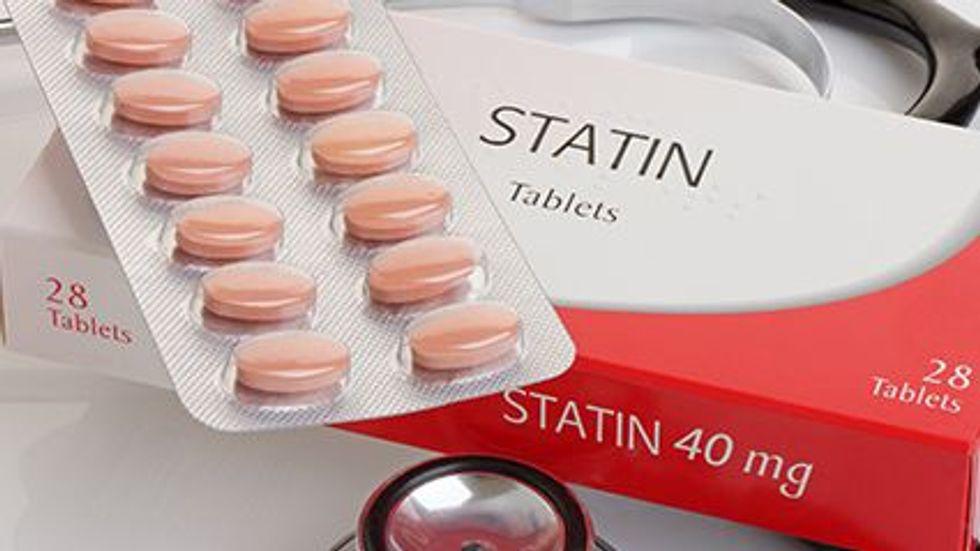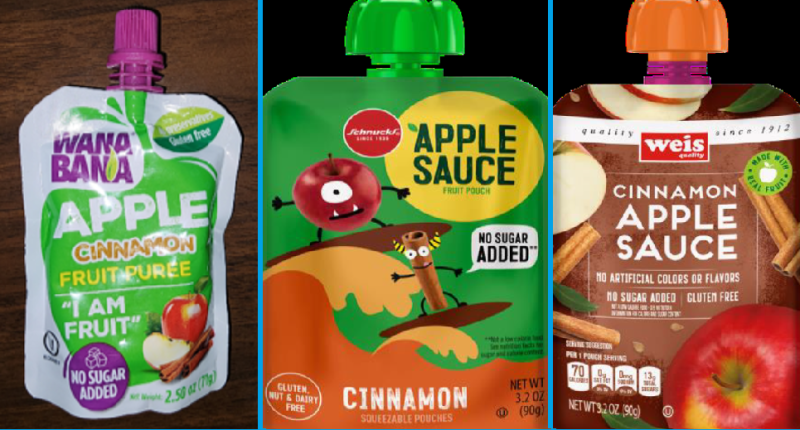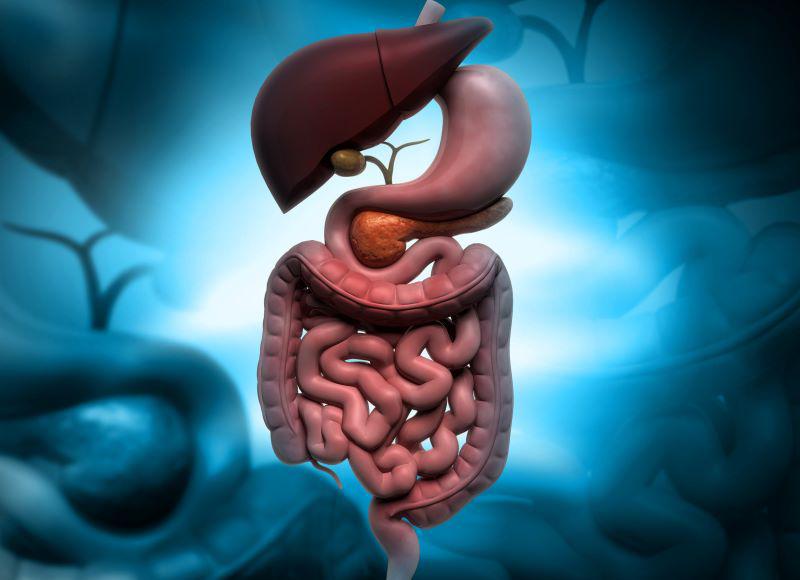
In preliminary findings, Swedish researchers say taking a cholesterol-lowering statin could also slow the progression of Alzheimer’s disease. The study can’t prove cause-and-effect, but might pave the way to a trial that could confirm such a link, said study author Sara Garcia-Ptacek, an associate professor of neuroscience at the Karolinska Institute in Stockholm. The study… read on > read on >






























